No matter what—YOU matter. Take your next step toward recovery today! | (877) 716-7515
At Lumina Recovery, we understand the complexities of living with bipolar disorder and its frequent companion, addiction.
Often, these conditions coexist in what is known as a dual diagnosis, presenting unique challenges in treatment. Our approach recognizes the intertwined nature of substance abuse and bipolar disorder, emphasizing the need for integrated care that addresses both conditions simultaneously.
We are committed to providing compassionate, comprehensive dual diagnosis bipolar treatment options tailored to each individual’s needs, fostering a journey towards healing and long-term recovery.
Bipolar disorder is a mental health condition where a person goes through extreme mood swings. These include periods of high energy and elation (referred to as mania or hypomania) and phases of deep sadness or low mood (known as depression).
Unlike ordinary mood swings, the episodes of bipolar disorder are intense, can last for weeks or months, and significantly impact the person’s life, relationships, and functioning.
Bipolar disorder is more than just a fleeting good or bad mood. It’s a serious condition that can lead to risky behavior, damaged relationships and careers, and even suicidal tendencies if not treated.
At our bipolar and addiction treatment centers in Los Angeles, we understand the severity and impact of bipolar disorder and are dedicated to providing empathetic and effective treatment solutions.
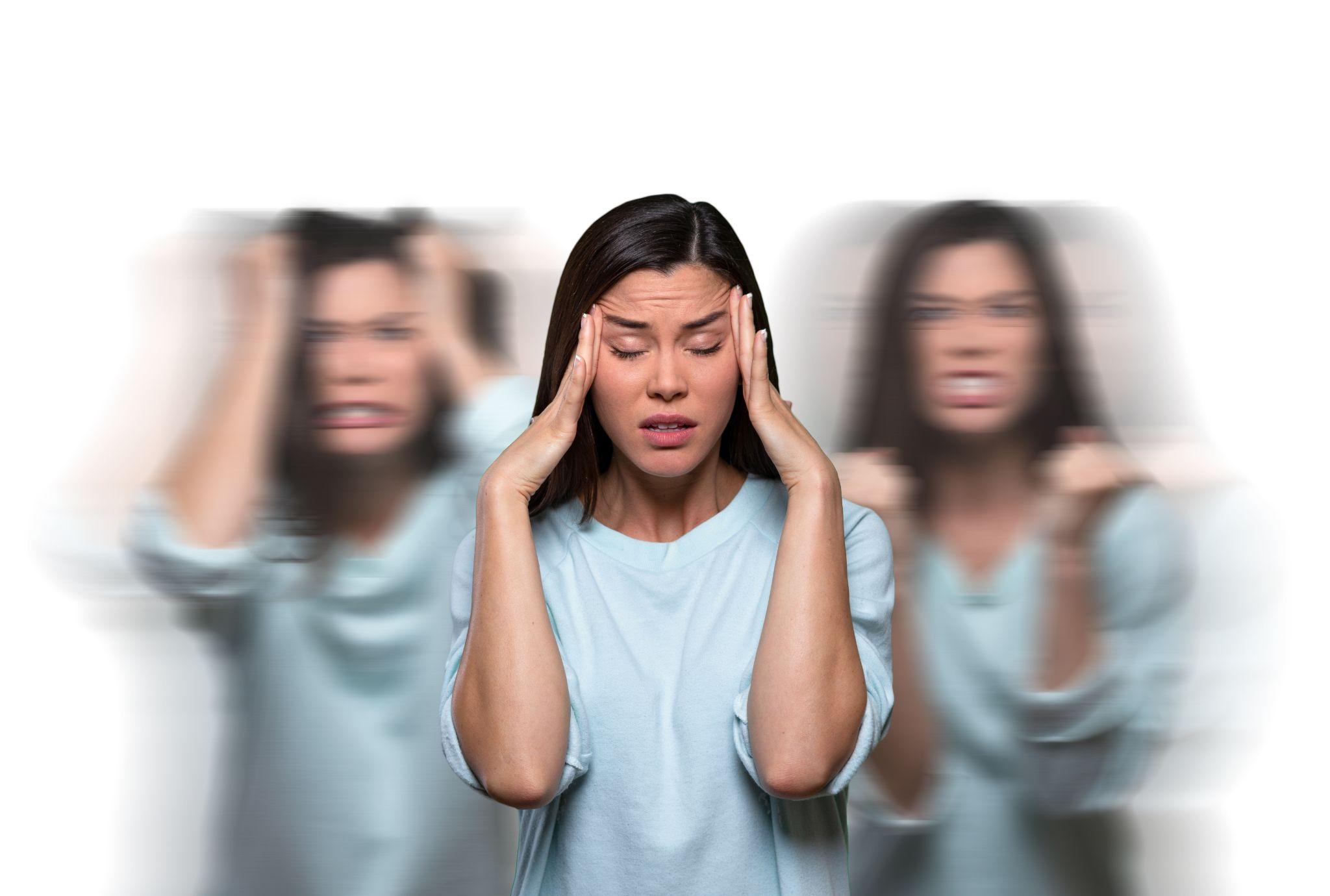
There are several types of bipolar disorder, each defined by the pattern and intensity of mood swings. Understanding these types is crucial for effective bipolar treatment for addiction:
Bipolar I Disorder: Involves manic episodes lasting at least a week or severe manic symptoms requiring immediate medical care, often accompanied by depressive episodes lasting at least two weeks.
Bipolar II Disorder: Characterized by a cycle of depressive and mild manic (hypomanic) episodes, without the extreme mania seen in bipolar I disorder.
Cyclothymic Disorder (Cyclothymia): Consists of ongoing mild depressive and hypomanic symptoms over two years (one year for children and adolescents) that do not fully meet the criteria for hypomania or major depression.
Other Specified and Unspecified Bipolar and Related Disorders: These are bipolar-like disorders that do not match the three categories above.
At our Southern California bipolar treatment centers, we recognize that each type of bipolar presents its own set of challenges—whether it’s bipolar I disorder, bipolar II disorder, cyclothymic disorder, or another type. Our bipolar treatment for addiction is carefully tailored to meet the specific needs of each individual, ensuring a more effective, one-on-one approach to recovery.
Bipolar disorder is marked by drastic mood changes that can significantly impact a person’s life. These mood swings range from highs (mania or hypomania) to lows (depression), and the symptoms can vary depending on the mood phase. Understanding these symptoms is crucial in recognizing and treating bipolar.
Although mania and hypomania share similar symptoms, mania is more intense and can cause significant trouble in your life, often leading to hospitalization. Hypomania is a less severe form.
Symptoms include:
During a depressive episode, someone with bipolar might experience:
As a dual diagnosis alcohol and drug rehab in Los Angeles, CA, we are attuned to the varied and complex symptomatology of bipolar disorder. Our specialized team is trained to recognize and understand these symptoms, allowing us to provide empathetic, effective care.
The link between bipolar and addiction recovery is a significant aspect of dual diagnosis. Individuals with bipolar are at a higher risk for substance abuse and addiction. This co-occurrence often stems from an attempt to self-medicate the extreme mood swings associated with bipolar.
Self-Medication: Individuals may turn to drugs or alcohol as a way to cope with their symptoms, especially during manic or depressive episodes.
Vulnerability During Manic Episodes: During manic phases, individuals may exhibit impulsive behavior and poor judgment, leading to substance abuse.
Escalating Dependency: Substance use can start as a means to manage symptoms but may escalate into dependency, further complicating the treatment of bipolar.
At Lumina Recovery, we focus on the interplay between bipolar and addiction. Our bipolar and addiction treatment strategies are designed to address both conditions simultaneously, recognizing that treating one without the other is often ineffective.
Our bipolar treatment centers in Los Angeles provide a supportive environment where individuals can learn healthier coping mechanisms and work towards recovery from both addiction and bipolar disorder.
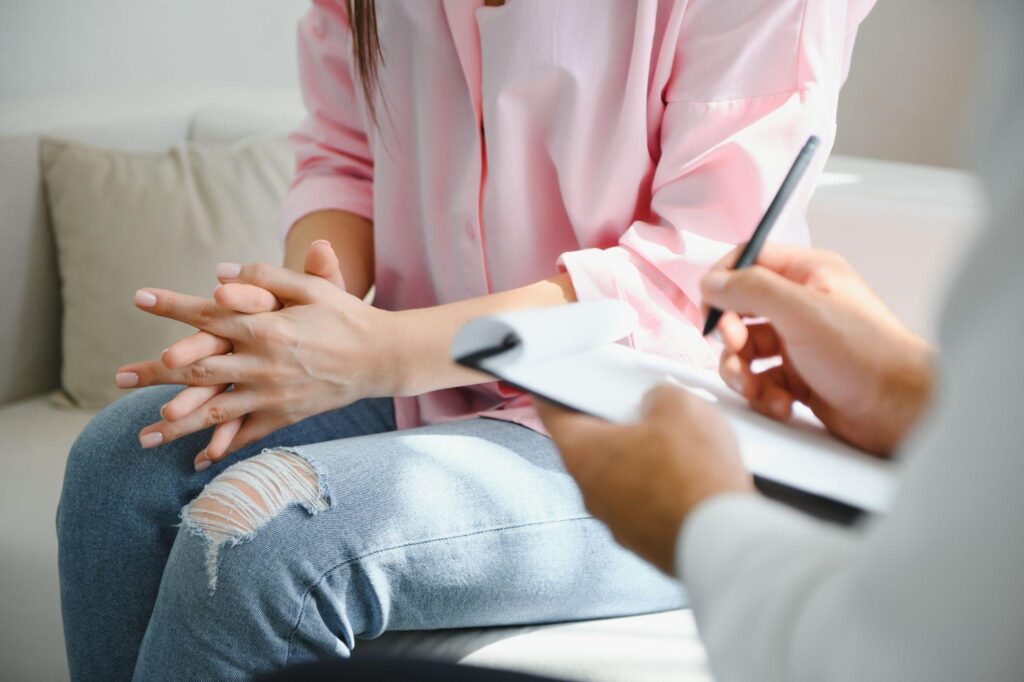
Understanding the causes of both conditions is essential for effective bipolar and addiction treatment. These conditions often share common risk factors and underlying causes.
Genetic Factors: Bipolar disorder has a strong genetic basis and often runs in families. Similarly, genetic factors can predispose individuals to addiction.
Neurochemical Imbalances: Both addiction and bipolar disorder can involve imbalances in brain chemicals, including neurotransmitters like dopamine and serotonin, which regulate mood and reward-seeking behavior.
Environmental Influences: Stressful life events, trauma, or environmental stressors can trigger the onset of bipolar and increase the risk of substance abuse.
Environmental Influences: Stressful life events, trauma, or environmental stressors can trigger the onset of bipolar and increase the risk of substance abuse.
Our Los Angeles dual diagnosis treatment approach considers these multifaceted causes. We provide compassionate, comprehensive care that not only addresses the symptoms but also delves into the root causes of addiction and bipolar disorder.
Our team of experts employs a variety of therapeutic methods for bipolar and addiction treatment to help our clients understand their conditions, overcome challenges, and pave the way for a healthier future.
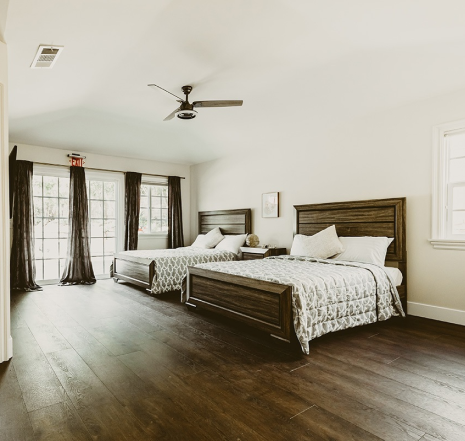



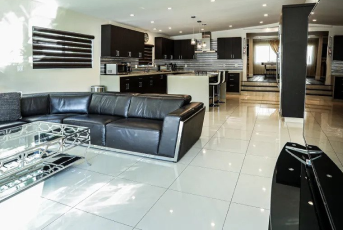

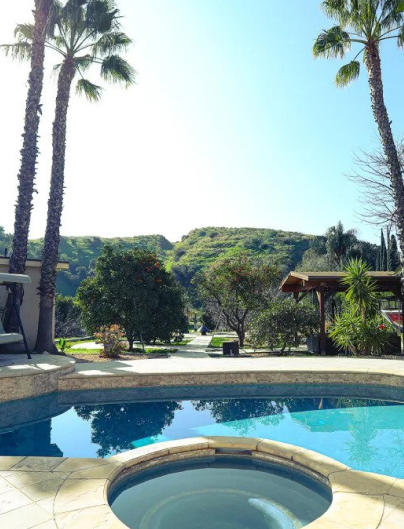
At our Southern California bipolar and addiction treatment centers, we offer a diverse range of therapeutic approaches to treat bipolar and substance abuse disorders. Each therapy is designed to address different aspects of these complex conditions, ensuring holistic and comprehensive bipolar treatment for addiction in Los Angeles.
Cognitive Behavioral Therapy (CBT): CBT helps clients identify and challenge negative thought patterns and behaviors, replacing them with healthier ones. This therapy is effective in managing symptoms of bipolar and in addressing the thought processes behind addiction.
Dialectical Behavior Therapy (DBT): DBT focuses on teaching clients skills to manage emotions, reduce stress, and improve relationships. This therapy is particularly beneficial for those with bipolar, as it helps in regulating emotions.
Group Therapy: Group therapy sessions provide a supportive environment where individuals can share experiences and learn from others facing similar challenges. It fosters a sense of community and understanding, which is vital for recovery.
Family Therapy: Involving family members in the treatment process can improve communication, resolve conflicts, and provide additional support, which is crucial for successful recovery and management of bipolar and substance abuse disorders.
Individual Therapy: Personalized one-on-one therapy sessions allow for deep exploration of personal issues, traumas, and triggers related to bipolar disorder and addiction.
EMDR Therapy: Eye movement desensitization and reprocessing (EMDR) therapy is effective in treating trauma and PTSD, which are often linked to addiction and can exacerbate bipolar symptoms.
Medication-Assisted Treatment (MAT) Therapy: MAT can be used to manage withdrawal symptoms, cravings, and to treat underlying mental health disorders.
Hypnotherapy: This therapy uses guided relaxation and focused attention to achieve a heightened state of awareness, helping in uncovering and addressing subconscious triggers for addiction and mood swings.
In addition to these therapies, we at Lumina Recovery believe in the power of a well-rounded approach. We incorporate holistic activities such as yoga and meditation, a nutritious meal plan, and physical exercise into our bipolar treatment for addiction in Los Angeles.
These elements are vital in supporting the overall well-being of our clients, aiding in recovery by improving mental health, enhancing physical health, and promoting emotional balance.
Our aim is to provide a comprehensive treatment experience that not only addresses the mental and emotional aspects of bipolar disorder and addiction but also fosters physical health and spiritual well-being.
Choosing the right Los Angeles bipolar and addiction treatment center is a critical step in the journey towards recovery. At Lumina Recovery, we offer a unique blend of expert care, comprehensive treatment plans, and a supportive environment, making us an ideal choice for those struggling with bipolar and substance abuse.
Our Los Angeles team of professionals is not only highly qualified but also deeply empathetic. They bring years of experience in treating co-occurring disorders and are dedicated to providing personalized care to each client.
We specialize in treating co-occurring disorders, understanding the intricate relationship between bipolar and addiction. Our integrated approach ensures that both conditions are treated simultaneously, offering a more effective path to recovery.
We recognize that each individual’s journey is unique. Our bipolar treatment programs in Los Angeles are custom-designed to meet the specific needs and challenges of each client, incorporating a range of therapies and holistic approaches.
Our Los Angeles facilities provide a safe, nurturing space conducive to recovery. We foster an atmosphere of understanding, respect, and community, where clients can focus wholly on their healing process.
Our support extends beyond immediate treatment. We are committed to the long-term success of our clients, providing resources and support that help them maintain their progress and navigate life post-treatment.
With our bipolar and addiction treatment in Los Angeles, we are not just treating symptoms—we are transforming and empowering lives. We offer a comprehensive range of addiction treatment programs, including detox programs, residential inpatient care, and outpatient treatment programs, tailored to the unique needs of each individual. We invite you to join us on a path to healing, empowerment, and a brighter, healthier future.
Contact us to learn more about how we can support you or your loved one in overcoming the challenges of bipolar disorder and addiction with personalized outpatient and inpatient bipolar treatment options.
Our carefully designed Los Angeles bipolar and addiction programs provide the necessary support and care to navigate the complexities of recovery effectively.
Our locations in Agoura Hills, Calabasas, Sherman Oaks, Sun Valley, and Los Angeles are thoughtfully placed to offer convenient access and a calm, comfortable setting for your journey towards recovery. Reach out today to start on the path of healing and renewal.
Start Your Recovery Today
"*" indicates required fields